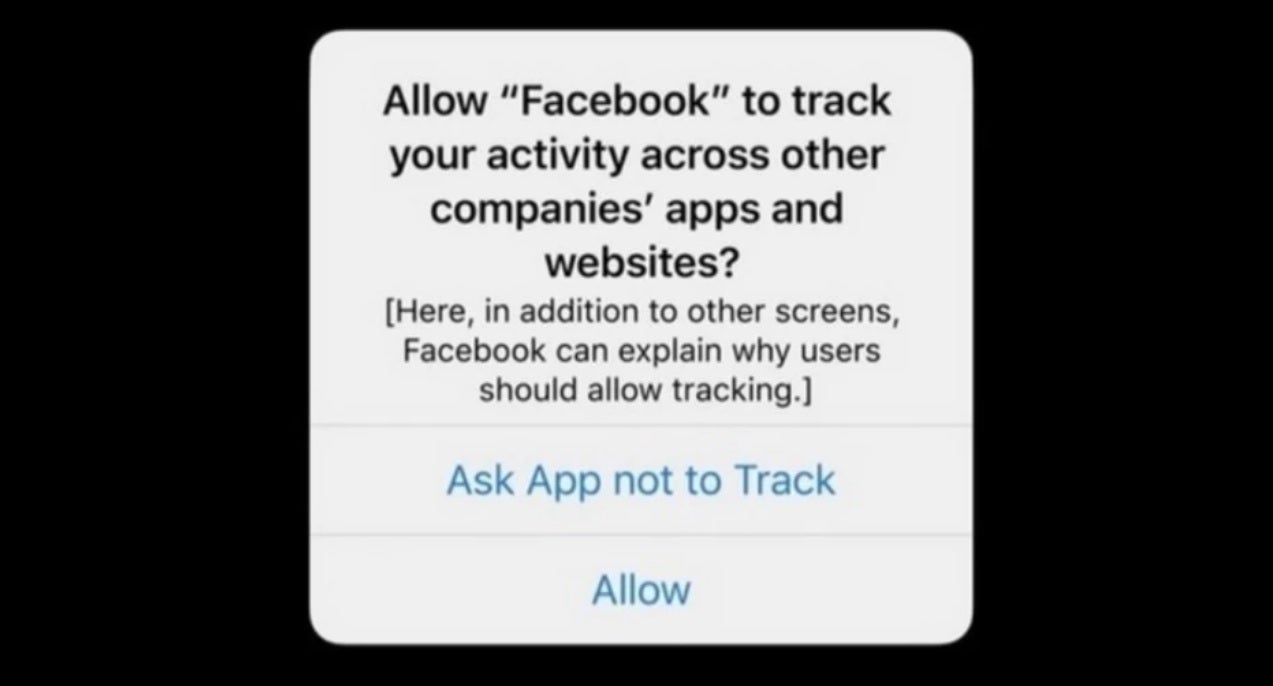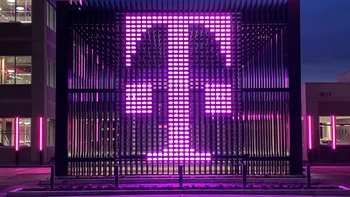Apple's App Tracking Transparency feature costs social media apps nearly $10 billion in ad revenue

Back in late April of this year, Apple released iOS 14.5 which included the App Tracking Transparency (ATT) feature. ATT gives iOS users the opportunity to opt out of being tracked by third-party apps for the purpose of receiving targeted advertisements. Once the user agrees to opt-out of tracking, his unique IDFA code, used to track iPhone users, becomes nothing but a series of zeros making it impossible for advertisers to follow him/her across the internet or while using apps.
App Tracking Transparency is great for iOS users, not so much for advertisers
In other words, Apple is asking users whether they are giving third-party apps permission to share data like their ages, locations, browsing histories, spending habits, and health. Some apps with embedded trackers share this data with advertisers and data brokers. This information becomes a digital profile that is sold to others who use the profile to send these users targeted ads and make predictions on how they will respond under certain circumstances.

Apple's App Tracking Transparency feature
As Apple notes, this has been going on without your permission and has made you the product. When ATT was first announced by Apple, Facebook took it hard saying that it was going to hurt small businesses since the vast majority of iOS users would probably withhold permission to be tracked. And, by the way, Facebook was also worried about its own business as heavily dependent on advertising as it is.
The Financial Times (via TheVerge) did some number crunching and discovered that apps like Facebook, Snapchat, Twitter, and YouTube lost a tremendous amount of revenue, about $9.85 billion after Apple made changes to its privacy practices. The Financial Times report said that in absolute terms, Facebook lost the most revenue because of its size compared to the other apps mentioned.
On a percentage basis, Snap lost the largest amount of money because its advertising is tied the most to smartphones. Marketing consultant Eric Seufert told The Financial Times that "Some of the platforms that were most impacted — but especially Facebook — have to rebuild their machinery from scratch as a result of ATT. My belief is that it takes at least one year to build new infrastructure. New tools and frameworks need to be developed from scratch and tested extensively before being deployed to a high number of users."
Companies that used to make their bread by tracking iPhone users and sending them targeted ads will need to find another way to make money that doesn't involve tracking iOS users. So now some online advertisers are serving up ads to Android users only even though prices to do so have shot up 30%. Advertisers don't mind paying more to target consumers sporting an Android device because they have more targets to choose from than iOS users.
Is Apple using ATT as a smokescreen to hide its own advertising ambitions?
Between May and June, the number of Facebook clients advertising on Android rose by 18%. During the same time difference, the number of Facebook clients advertising on iOS declined by 17%.
Some also believe that Apple created App Tracking Transparency and its other privacy features in order to expand its own advertising business. One analyst said that ATT could be a smokescreen used to hide Apple's real desire to create its own search algorithm. By one count, Apple's advertising business has tripled ever since it made the privacy changes.
Apple is reportedly taking in $15 billion a year just to make Google Search the default search engine on iOS. This is free money as far as Apple is concerned and you would think that it wouldn't want to give that up. On the other hand, Apple might be thinking to itself that if Google can afford to pay it $15 billion just to be the iPhone's default search engine, the search business must be very, very good to Google.
Follow us on Google News













Things that are NOT allowed:
To help keep our community safe and free from spam, we apply temporary limits to newly created accounts: